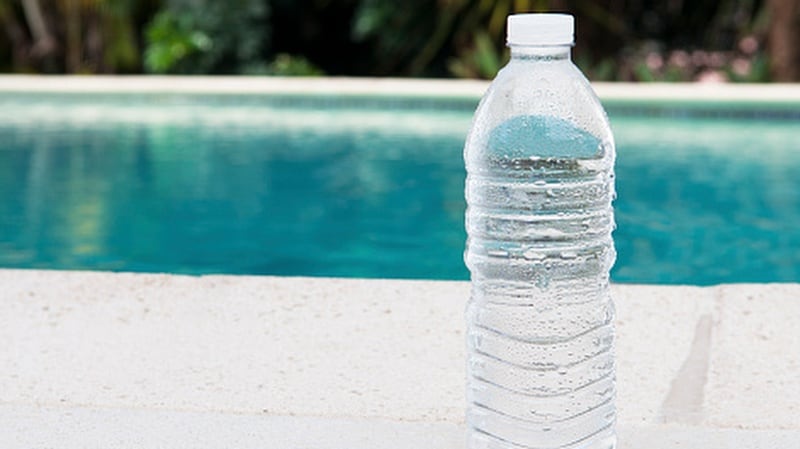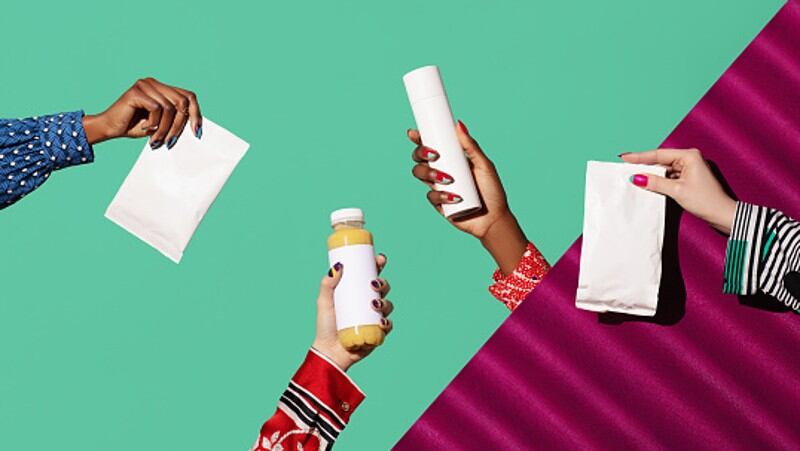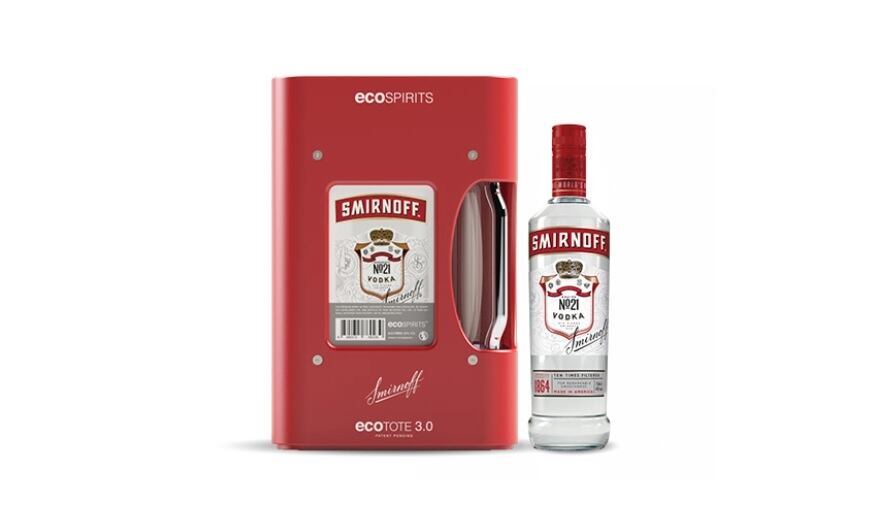South Korea has committed to a range of sustainability goals, including the slashing of plastic waste production by 50% and the doubling of recycling rates in the country from 34% to 70%, both by 2030.
The past few years have seen the Ministry of Environment (MoE) roll out a range of regulatory policies to this end, including the banning of hard-to-recycle plastics such as coloured PET from the recycling system as well as approving recycled PET plastic as material for new food packaging.
New developments saw the ministry calling for public comment on its latest initiative to mandate the use of label-free packaging for drinking water bottles, to be implemented after a two-year transition period.
“In order to reduce the amount of label waste in the country from drinking water bottles and improve the efficiency of recycling systems locally, we will introduce a new label-free QR code system for all such bottles,” MoE said via a formal statement.
“From January 1 2026, all individual types of drinking water bottles such as mineral waters that are manufactured in Korea will be subject to this change.
“As the label-free QR code display method is mandated for target audiences, we aim to start with a smooth trial operation and early conversion [in order to] reflect any industry difficulties regarding displaying any necessary sales information via the QR code, as well as to determine the scope for product promotion and advertising.”
The ministry has published detailed display standards covering characteristics such as font, character sizing, water source, types of information required and more.
“Products manufactured before the enforcement date will be allowed to use the label-free QR code in parallel with other labelling methods such as the conventional bottle labelling, bottle cap labelling and so on,” MoE added.
“Any organisations or individuals with opinions on this regulatory update or transition timing may submit a written comment to the ministry.
“All comments must contain full details of the particular opinion, reasons for any opposition, name of organisation and/or representative, address and phone number.”
Comments must be sent to this email or to the Soil and Groundwater Division of MoE.
Food waste minimisation
Another component of the South Korean government’s sustainability strategy is the minimisation of food waste, which is now in full swing via its renewed expiration dates system for food and beverage products.
This new system sees manufacturers changing to use ‘use-by’ as opposed to ‘sell-by’ dates on packaged products, reducing food wastage from foods that have generally still been found to be safe for consumption.
“[Our data shows that] 94.2% of all products manufactured by the top 100 countries locally have now adopted the new system, [meaning] approximately 50% of local food sales are now using this,” the Ministry of Food and Drug Safety (MFDS) declared earlier this year.
“South Korean consumers have also shown a significant increase in awareness of this new system and the ‘safe consumption period’, up to 88.5% in November 2023 from just 34.5% previously.”





